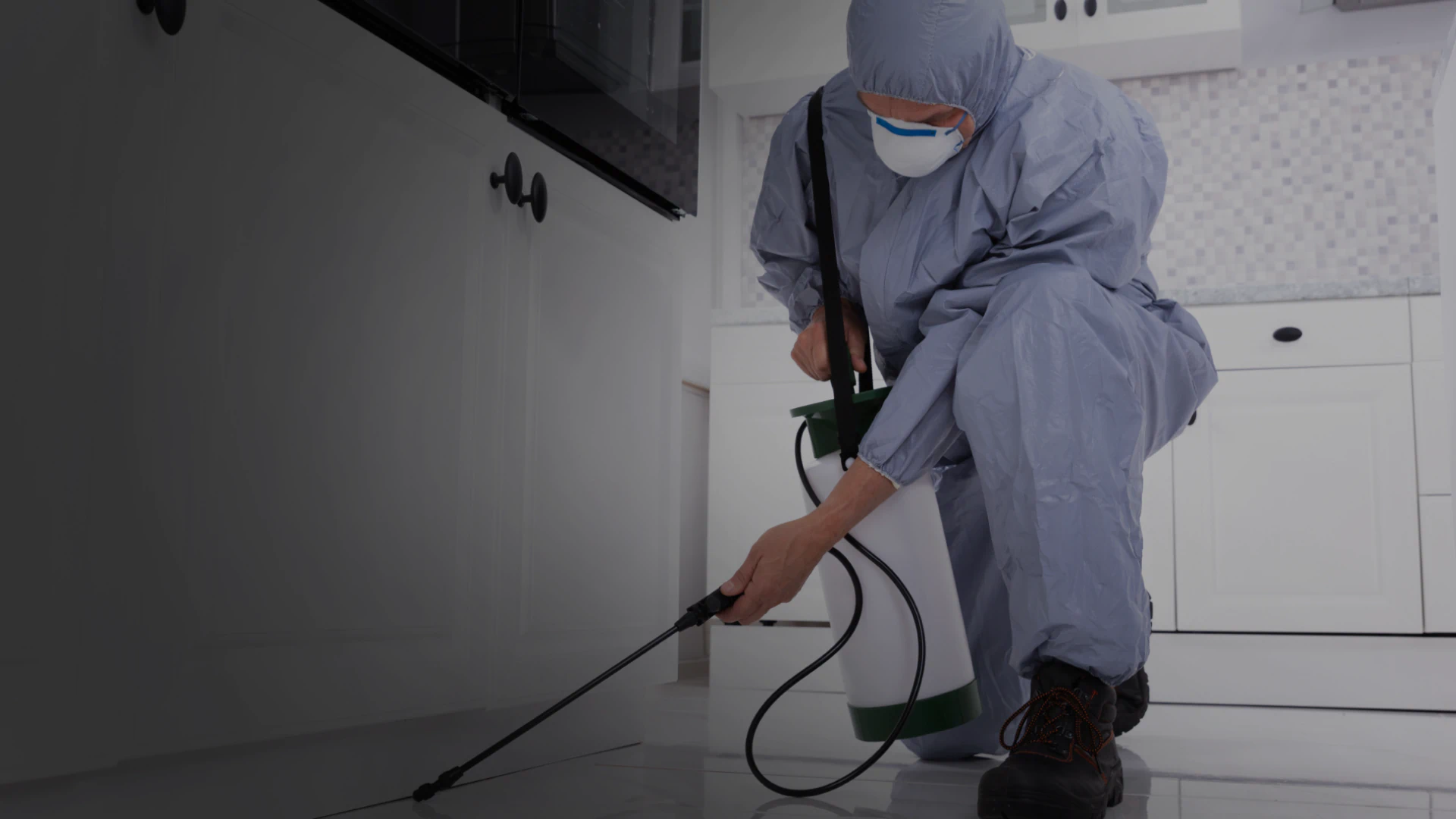Specialist Bug Control Techniques for Long-Term Outcomes
In the realm of pest control, attaining continual effectiveness and long-lasting results calls for a meticulous approach that transcends mere extermination. Specialist parasite control strategies envelop a thorough approach that starts with a thorough examination and analysis, complied with by accurate pest recognition to comprehend their actions patterns. The execution of Integrated Insect Monitoring (IPM) principles, coupled with eco-conscious therapies, forms the keystone of sustainable insect eradication. The real test lies in the ongoing tracking and upkeep of the dealt with areas, making sure a pest-free atmosphere for the direct future. By delving right into the complexities of these strategies, a much deeper understanding of professional bug control approaches for enduring end results arises.
Assessment and Evaluation
Upon entering a residential or commercial property for bug control solutions, the first action is a detailed inspection and evaluation to recognize the extent of the invasion and establish the most effective therapy strategy. Specialist bug control specialists are educated to thoroughly analyze the properties, searching for indications of bug activity such as droppings, nibble marks, nests, or any type of structural damages. They will certainly likewise examine the problems that might be drawing in bugs, such as food resources, water leakages, or entrance points.

Pest Identification and Behavior

Furthermore, recognizing the habits of the determined parasite is crucial to executing efficient control actions. Recognizing where parasites nest, what they feed on, and their task patterns can aid pest control experts devise techniques to eradicate them efficiently.
Integrated Insect Management (IPM)
Integrated Insect Management (IPM) methods integrate several strategies to manage and protect against bug invasions in a sustainable and environmentally friendly manner. exterminator near me. By incorporating techniques such as organic control, environment adjustment, modification of social practices, and making use of resistant varieties, IPM aims to decrease using chemical pesticides
Among the key concepts of IPM is the emphasis on avoidance. This aggressive technique includes surveillance bug populaces frequently to detect any type of possible issues before they intensify. By recognizing parasite problems early on, pest control steps can be applied promptly and effectively.
Additionally, IPM advertises the usage of safe parasite control methods whenever feasible. This can consist of using natural predators of the insects, presenting beneficial bugs, or utilizing scents to disrupt mating patterns. By lowering reliance on chemical pesticides, IPM not only shields the setting yet also assists preserve an equilibrium in the ecosystem.
Environmentally-Friendly Treatments
Carrying out eco-conscious strategies in insect control procedures can successfully address invasions while prioritizing environmental sustainability. Environmentally-friendly therapies concentrate on minimizing the effect of bug control methods on ecological communities, non-target microorganisms, and human wellness. These approaches usually entail making use of all-natural killers, such as ladybugs or nematodes, to manage pest populations, reducing the need for chemical treatments. In addition, strategies like habitat control, such as adjusting moisture levels or getting rid of food resources, can assist deter parasites without the usage of harmful materials.
One more key facet of environmentally-friendly treatments is making use of organic and naturally degradable products that damage down promptly without leaving hazardous residues in the environment. Botanical insecticides derived from plants like chrysanthemums or neem supply reliable insect control while positioning marginal danger to non-target species. Additionally, employing methods like heat therapies or scent catches can target specific pests with accuracy, minimizing the overall environmental effect of pest control practices.
Recurring Monitoring and Maintenance
Continuous monitoring and maintenance are essential parts of efficient parasite control management. Ongoing monitoring plays a vital duty in ensuring that insect invasions are found very early and managed without delay. Regular inspections by trained professionals are required to identify any type of indications of insect activity, evaluate the efficiency of previous treatments, and make adjustments to the pest control plan as this link needed. By keeping track of insect populations in time, bug control specialists can track fads, anticipate potential problems, and apply preventive procedures to decrease the risk of future infestations.
In addition to monitoring, maintenance methods are vital for lasting insect control success. This consists of applying appropriate discover here cleanliness measures to get rid of possible food and water sources for pests, sealing entry indicate prevent parasites from getting in the premises, and attending to any kind of structural problems that can facilitate bug problems (bed bug treatment). By including recurring monitoring and maintenance into an incorporated insect administration approach, organizations can guarantee a pest-free atmosphere and guard their home versus expensive damages and wellness threats
Verdict
Finally, utilizing professional pest control techniques such as complete examination and assessment, precise bug recognition and understanding of their habits, incorporated parasite management techniques, environmentally-friendly therapies, and ongoing surveillance and maintenance are vital for achieving lasting results in insect control. read review By implementing these approaches, individuals can efficiently manage pest problems and preserve a pest-free environment in a sustainable fashion.
 Amanda Bynes Then & Now!
Amanda Bynes Then & Now! Destiny’s Child Then & Now!
Destiny’s Child Then & Now! Keshia Knight Pulliam Then & Now!
Keshia Knight Pulliam Then & Now! Christy Canyon Then & Now!
Christy Canyon Then & Now! Richard Dean Anderson Then & Now!
Richard Dean Anderson Then & Now!